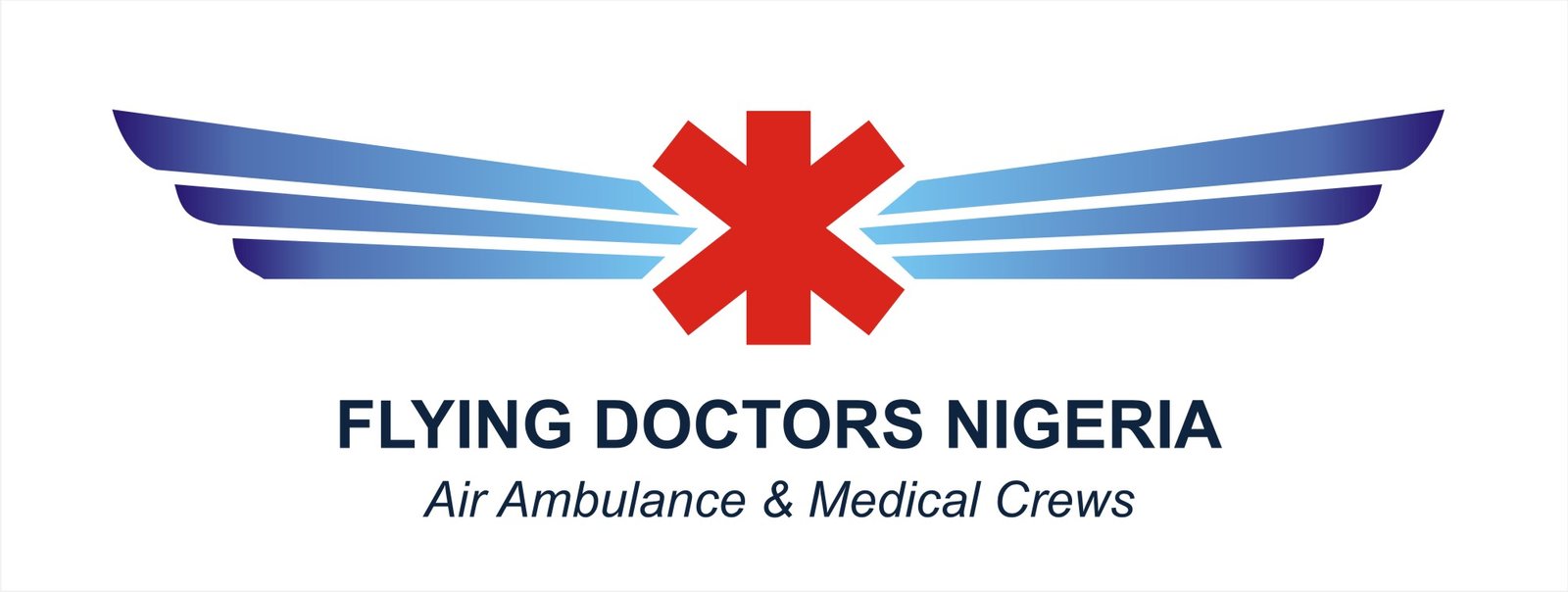
Africa is home to 12% of the world’s people, but it accounts for less than 1% of the global air service market
Part of the reason for Africa’s under-served status, according to World Bank study, is that many African countries restrict their air services markets to protect local, state-owned air carriers. However, many of these state owned airlines lack efficiency resulting in inflated fares, suboptimal service and poor safety.
The number of plane crashes in Africa is more than six times higher than those of Asia and Latin America, and more than 12 times higher than those of Europe and North America.
Cape Verde is just 4 hours away from Lagos, Nigeria and holds massive potential as a destination for Nigerian holiday makers. However, in order to get to Sal, Cape Verde, a passenger must fly to Morocco which is 4-5 hours away, then after a layover of up to 12 hours in Casablanca proceed on another 3 hour flight to Cape Verde.
Air travel choices in Africa remain constrained by sub-optimal travel conditions such as long layovers, high fares, safety issues, uncertain flight schedules and poor quality of services, underscoring the challenges facing air carriers trying to attract passengers and at the same time make profits.
This is why 28th of January 2018 will forever be remembered as a turning point for African aviation; 23 African countries launched the Single African Air Transport Market (SAATM) initiative by the African Union (AU). An immediate benefit of the single air market will be enhanced connectivity between African nations and a reduction in flight ticket prices. Consequently, this is expected to result in more regular direct flights between African countries rather than long, inconvenient trips which sometimes involved stopovers in the Europe or even the Middle East.
Experience with liberalized air services elsewhere has also shown that they result in increased trade, both regional and intercontinental. Competitive air carriers with more frequent flights and lower fares can open the door to trade in perishables and high-tech manufacturers.
Open skies also holds massive potential benefits for tourism.
In 2017, Ethiopian Airways, Kenya Airways and South African Airways, three top airlines on the continent, sold two-thirds of the estimated 9.2 million seats purchased for travel within sub-Saharan Africa. The remaining one-third was spread among more than a dozen smaller carriers such as Nigeria-based Arik Air, Air Mauritius, and RwandAir. Increasing the total number of seats, whilst reducing the price is particularly important in Africa as more passengers arrive by air.
20 percent of Africa’s tourism-related jobs are supported by visitors arriving by air, compared with only four percent in North America
A study by the International Air Transport Association (IATA), estimates liberalizing routes for 12 key African countries will boost economies on the continent with more than 150,000 additional jobs and an extra $1.3 billion to the continent’s annual GDP.
For our industry, the air ambulance industry; patients using our commercial ETU services will benefit from lower prices. The decreased the cost for patients travelling for specialist medical care with our service, will give more Africans the opportunity to access improved healthcare.
As demonstrated above, open skies offers potential benefits for manufacturing, trade, tourism and employment, but is not a panacea.
Many industry experts believe it will not be enough to ensure sustainability. Other challenges will have to be addressed, such as poor infrastructure, high costs of operation and a lack of cooperation between airlines. For example, airport passenger charges in Africa are two to five times higher than the global $25 average. Reportedly, fuel is also 2.5 times more expensive in Africa than in other regions.
We can all agree that the open skies agreement is a huge step forward for the African aviation industry, but there is still more work to be done.
About Us
The Flying Doctors Nigeria is a member of the British Safety Council that specializes in providing medical solutions such as air ambulance and medical evacuation, ground ambulance procurement and leasing, remote medical services such a medical staffing, online company clinic set-up, site clinic management, occupational health, medical evacuation insurance and other health consultancy services for the oil & gas industry as well as other corporate, military and non-governmental organizations.
For information about how we can support your organization please:
Visit our website: www.flyingdoctorsnigeria.com, or
Email us on: sales@flyingdoctorsnigeria.com, management@flyingdoctorsnigeria.com, doctors@flyingdoctorsnigeria.com, or
Call us on: 0700 FLYINGDRS/ 0700 3594 64377

